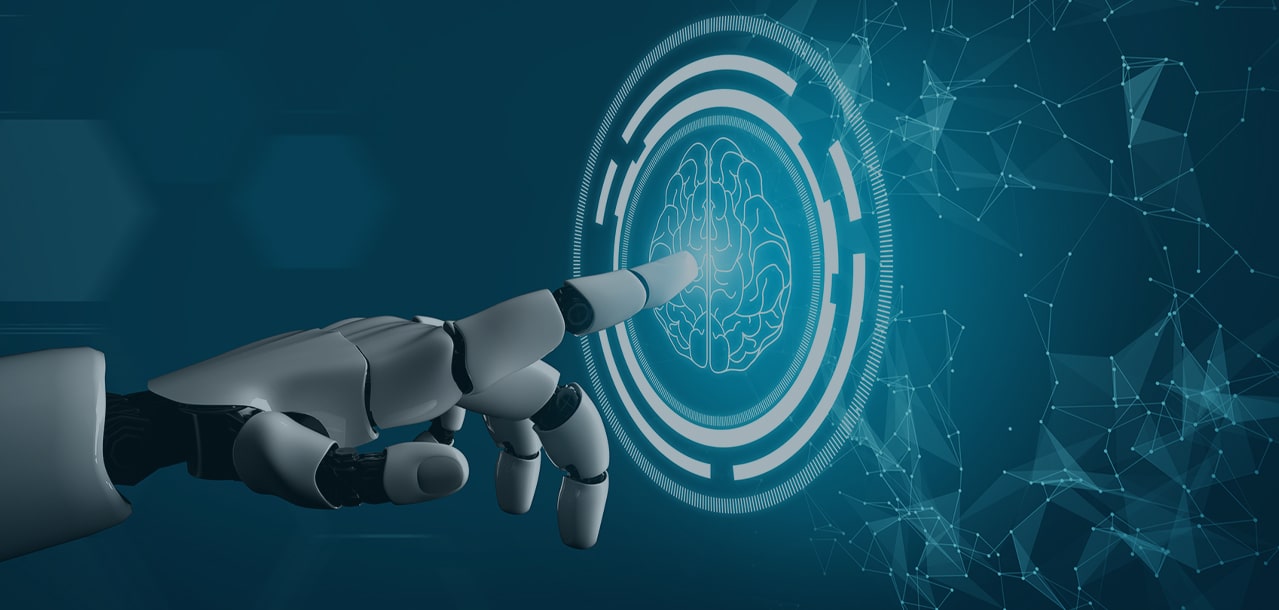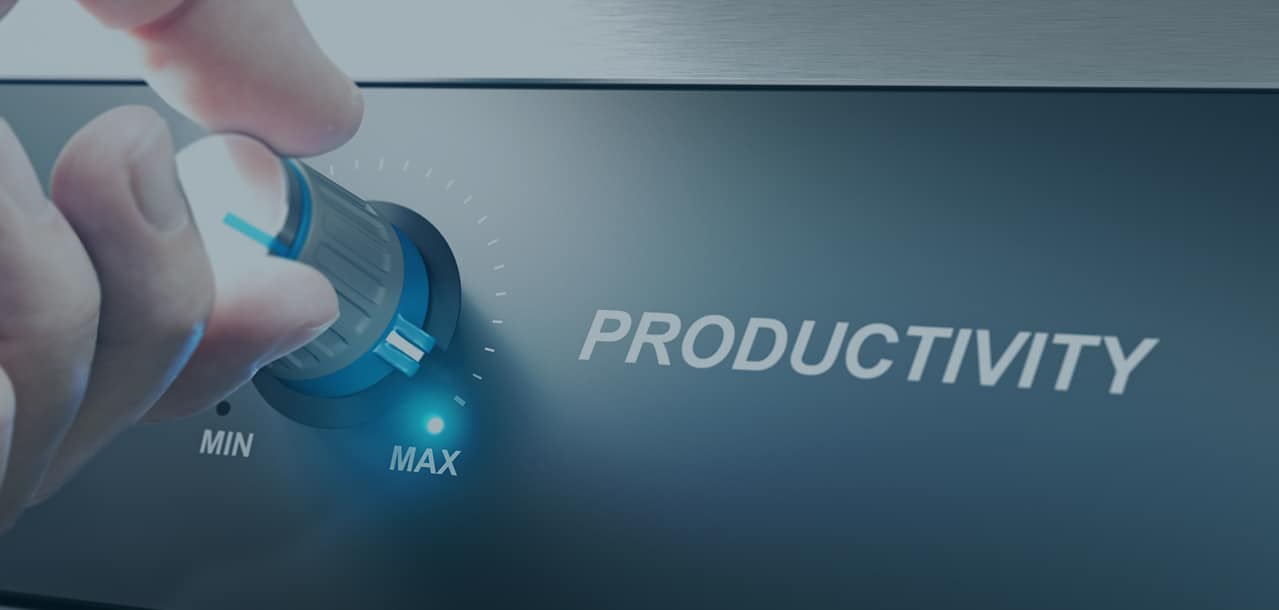Steering Point Articles

What is Rejection Therapy and Can it Help You?
“Rejection therapy shows that it’s not just the fear of rejection that is in our heads but the expectation of it too. How many things do we not ask for in life simply because we presume we’ll be rejected? We’re so focused on what we assume will be the humiliation of the no that we don’t even consider there could be a yes. Rejection therapy is not about getting yeses, quite the opposite…”

Thinking Under Pressure: Lessons we can Learn from Aviation
“We know aviation is characterised by strict safety protocols, rapid technological advancements, global connectivity, and the diverse weather conditions it operates in. Ensuring safe and efficient air travel in an ecosystem that demands precision, adaptability, communication, trust and collaboration across multiple agencies. It is ever-evolving.”

Combatting Decision Fatigue
“Decision fatigue is “the idea that after making many decisions, your ability to make more and more decisions over the course of a day becomes worse,” says Lisa MacLean, MD, psychiatrist and chief wellness officer at Henry Ford Health System. “The more decisions you have to make, the more fatigue you develop and the more difficult it can become””

Crafting Success: Strategic Management in Small and Medium-sized Enterprises
“SMEs rely on strategy to survive and grow the business whilst larger corporations draw on their strategies to maintain market dominance and enhance operations. SME’s account for 99% of active enterprises and 70% of employment in Ireland. The external environment for SMEs is rapidly evolving due to globalisation and technological changes. This advancement is intensifying competition among SMEs. Given these changes, a critical question emerges: what is the significance of strategy for SMEs in this competitive landscape?”

The Ethical Minefield of Artificial Intelligence
“Put simply, how to implement artificial intelligence in an ethical manner currently poses more questions than answers, with disagreements over the necessary direction of travel growing increasingly heated. How to handle data privacy, discrimination, deepfake technology, job losses and the environmental impact are all problems in need of solutions.”

Banduras Social Cognitive Theory
“Businesses can leverage the elements of Banduras Social Cognitive Theory by fostering a culture of mentorship and encouraging employees to use their initiative. This creates a healthy environment for employees to observe and improve skill acquisition and knowledge transfer.”

Surrounding Yourself with the Right People
“Mentors are the ultimate method of surrounding yourselves with the right people. Mentors can provide motivation, direction, coaching, training and advice. Are there people you admire in your chosen field? Reach out to them. It may be bold but boldness is often rewarded.”

Schopenhauer and the Workplace
“The core arguments Schopenhauer made that Brooks champions are: embracing mindfulness, thinking of the big picture, living day-by-day, and blocking out external noise. By undertaking these practices, promoted by Schopenhauer in the middle of the 19th century, one can have a better relationship with their work today.”

Manifestation: Life-Changing Practice or New Age Gaga?
“One of the key upsides of manifestation is its resultant positive thoughts. By manifesting, and thus seeing themselves as successful, people are more likely to feel positive about themselves and their abilities, and as such generate further positive thoughts that bring further success. A cycle of mental positivity, like one of negativity, can be hard to break.”

Dealing with Imposter Syndrome
“The concept of “imposter syndrome”… is described as the feeling of “phoniness in people who believe that they are not intelligent, capable or creative despite evidence of high achievement.” They say these people “are highly motivated to achieve,” but also “live in fear of being ‘found out’ or exposed as frauds.”

Employee Retention: the Hows and Whys
“Managers need help with three things. First, in helping shift the focus of career conversation from promotion to progression, including allowing employees to develop in different directions. Two, in creating a culture and structure that supports career experiments. Three, in shifting the focus from retaining employees in their specific team, to retaining employees in their entire organisation.”

How to Argue and Why we Should
“Though with the advent of social media and an increased sense of polarisation and venom to debates, it’s possible we’re losing our ability to argue, to consider all other viewpoints, to assess the shortcomings of our own beliefs. Arguing well takes empathy, patience and practice. We could all do with a better understanding of how to do it properly.”